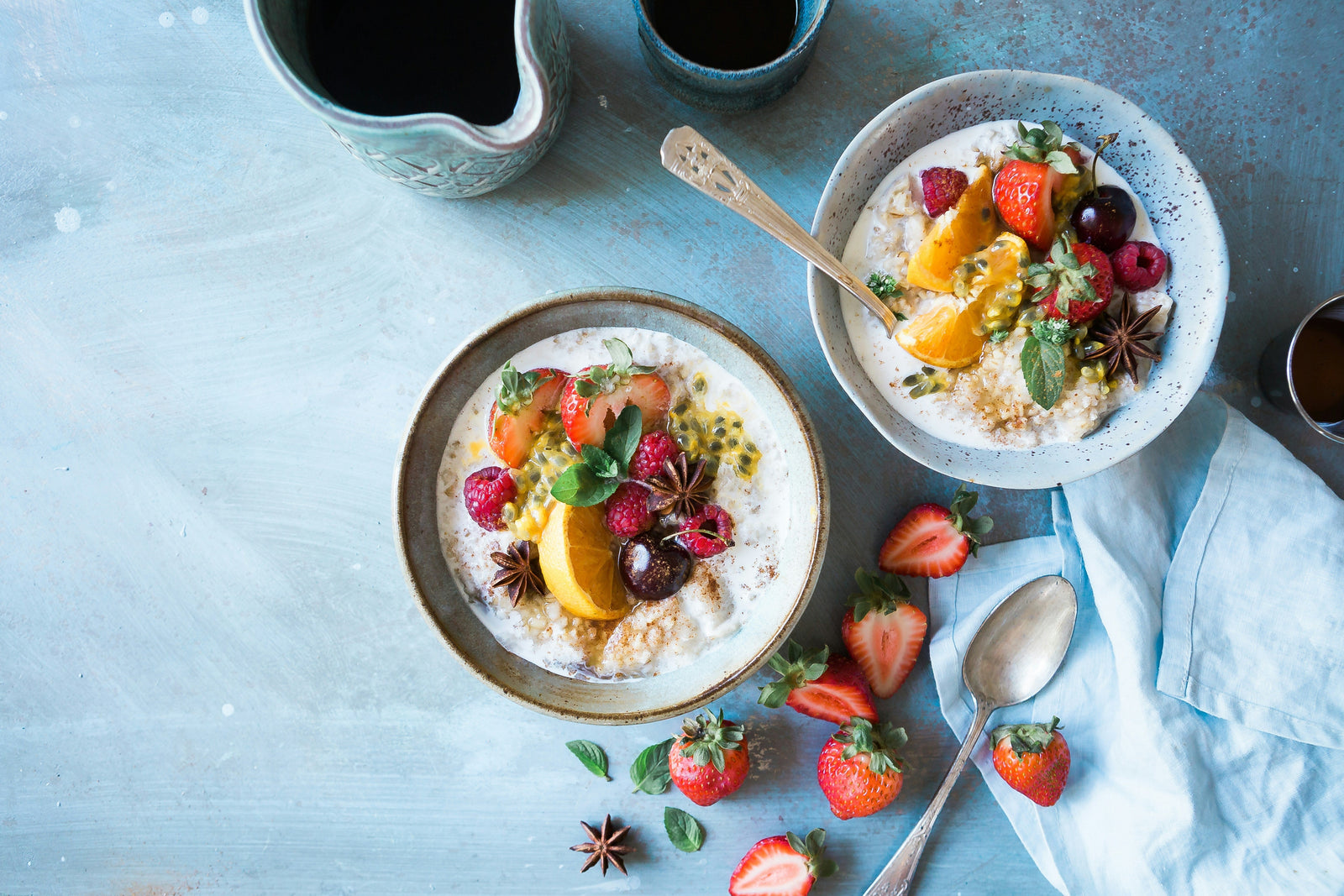Your Cart is Empty
Continue shoppingSigns Your Kiddo Is Addicted To Processed Foods & What You Can Do To Change It
Medically reviewed by Dr. Nicole Avena | Published November 15, 2022
share this article

Processed food is inherently addicting. The combination of sugar, fat, and salt make it hard to not eat… and even harder to stop eating. These aspects of processed foods make them hyperpalatable, meaning we get easily sucked into a bag of chips and before we can even blink, we’ve consumed the entire bag. For kids, this means overriding their satiety cues, and therefore overeating nutritionally empty calories.
Exploration of Processed Foods
The exploration of ultra-processed food consumption and food addiction was studied in children using the Yale Food Addiction Scale for Children. The evidence suggested that at least 95% of the children studied had at least one of seven criteria of food addiction [1]. This is important in addressing childhood obesity, gut dysbiosis, and overall health of children in the US. If our children have an actual addiction to these specific foods, they will have withdrawal reactions when it is taken away and may grow into disordered restrictive eating and bingeing behaviors as adults.
Although a tricky subject to manage- especially as a parent, the food system does not help with promotion and marketing towards children. If your child’s favorite foods come from McDonald’s, you’re not alone. These companies market their products towards younger generations to get them addicted at a young age, and then have them grow up with these foods being nostalgic aspects of their childhood.
Signs of Addiction
Some signs your child may be on the verge of a processed food addiction include hoarding food, keeping secret stashes, or throwing tantrums when food is taken away from them. Hoarding food can come in a variety of different ways and can harm your child’s health if they do not have a strong immune system. Hoarding foods can include keeping leftovers under their bed or in a drawer away from their parents. This can not only grow harmful bacteria but also give your child food poisoning. Another sign of food addiction is secret stashes. This can be of cookies, cakes, chips, and candy that are shelf-stable and can be packaged and hidden in your child’s room or bags. The final big sign of food addiction comes when the parent steps in to intervene. When an addicted child gets their processed food taken away, it can cause mood outbursts, that may not be typical of your child. Managing food addiction in children can be hard but limiting the exposure to ultra processed foods in early childhood may be key to stopping addiction in its tracks.
Slowly adding nutritionally dense foods into your child’s diet will crowd out the less than favorable processed foods. For picky eaters, introducing Begin Health’s tasteless, texutreless Growing Up Prebiotic helps support your child’s gut health as they navigate towards a balanced diet.
Daily reads to help your little ones lead happier and healthier lives.
Buy Now
Join the
Happy Gut Club
Summary
Highly processed foods can be addicting even to young children, try to limit exposure as much as possible and look for the early warning signs. Slowly adding nutrient dense foods back into their diet can begin to crowd out the ultra-processed options.

Author
Dr. Nicole Avena
Trending

How to Choose a Baby Supplement: What Parents Need to Know
read now
5 Eczema-Safe Recipes That Soothe from the Inside Out (And Your Kids Might Actually Eat)
read now
3 Powerful Strategies to Clear Your Kid’s Eczema for Good
read now






